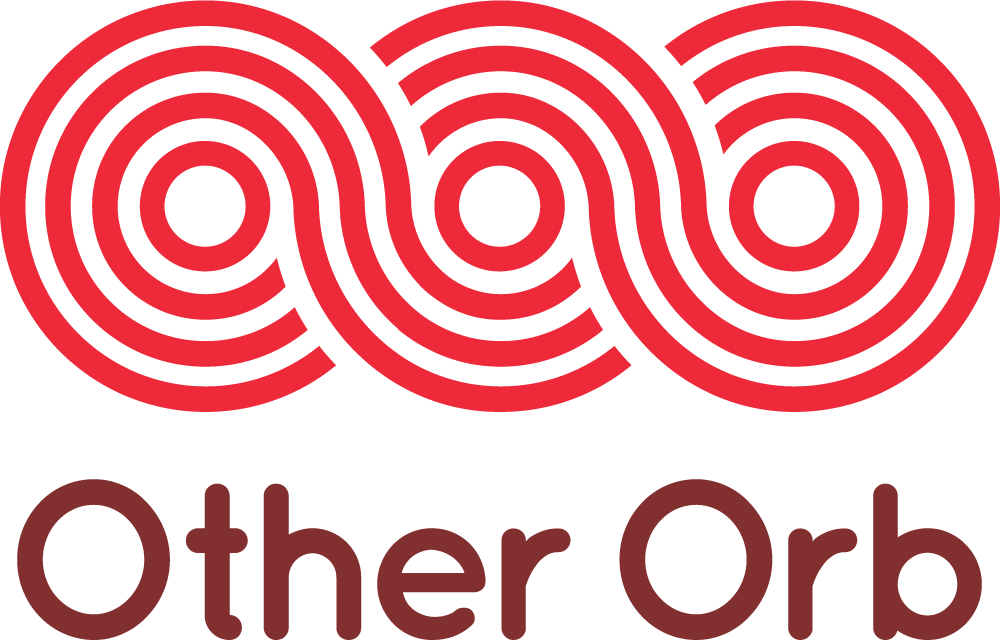About Moses
My passion is conveying the wonders of the natural world through science, education, and inclusiveness.
I am an educator, an inclusivity champion, product developer, project manager, and a remote sensing and data scientist.
I have been an active participant on eight of NASA’s spacecraft missions, starting with the Magellan mission to Venus in the early 1990s to Juno currently orbiting Jupiter and JPL’s Europa Clipper mission currently in development. As a scientist and educator, I know that a welcoming community, inclusion, accessibility, and diversity are fundamental to strong teams, strong science, and a strong future.
As part of my passion for education, I took a year off from science to teach mathematics, robotics, and computer science to middle and high school students at a local school. Since returning to science, I have continued my education activities through participating in mentoring programs and occasionally teaching a class or course as the need arises. I have been a member of the Scientists in the Classroom mentoring program for many years. This program takes middle school students and pairs them with working scientists for an entire school year to help the students learn about the act of science and to learn from real scientists about a specific topic of the student’s choosing.
I work to improve inclusion and welcoming environments through anti-harassment education and have developed Other Orb’s bystander intervention, trauma-informed responses, and other workshops. The bystander intervention workshop was originally aimed at improving the culture in scientific workplaces, but I have extended it to include all workplaces. I am currently developing the trauma-informed responses for leaders workshop in collaboration with several social workers who counsel individuals in treatment for various traumas.
When I returned to science, I also helped develop, propose, and (after selection), lead an education initiative called PLANETS (Planetary Learning that Advances the Nexus of Engineering, Technology, and Science). PLANETS is an out-of-school-time planetary science, engineering, and exploration curriculum development project for middle- and elementary-school students. One of the major goals of PLANETS was to develop a model for curriculum development that includes as co-equal developers, from the very beginning, curriculum development experts (Museum of Science in Boston), educator professional development experts (Northern Arizona University, Center for Science Teaching, and Learning–also PI institution of the project), educators (distributed throughout the country), and planetary science subject matter experts (USGS Astrogeology Science Center).
As part of my effort to connect science, education, and inclusivity, I regularly attend events on several Native American Nations, including the Hopi Nation and the Diné Nation. At these events, I highlight my experiences growing up and attending school on the Diné Nation. I have also participated in a Navajo (Diné) Nation collaboration with NASA to present, side-by-side, a weaving of Earth and Planetary science stories with traditional stories about Dinétah (the traditional homelands of the Diné). This summer camp helps middle school students learn about the intricate weaving of the history of the Diné and the geological, climatological, geophysical history of their lands.
Recently I have worked with the OSIRIS-REx Image Processing Working Group to better understand the OCAMS instrument suite and to help better calibrate the image data for use in scientific analyses. I also develop software and procedures to process images of Jupiter’s moon, Io taken by the Galileo spacecraft. I then process these data for inclusion in a global geologic map of Io. And I continue to work with the HiRISE Calibration team to fully understand the instrument’s performance and to improve calibration and scientific usefulness of its images.
In addition to image and data processing and science, I regularly provide bystander intervention workshops, participate in inclusivity, education, and diversity workshops, help research and write white papers, and other efforts, including NASA PSD’s new Equity, Diversity, Accessibility, and Inclusion Working Group (EDI WG).
